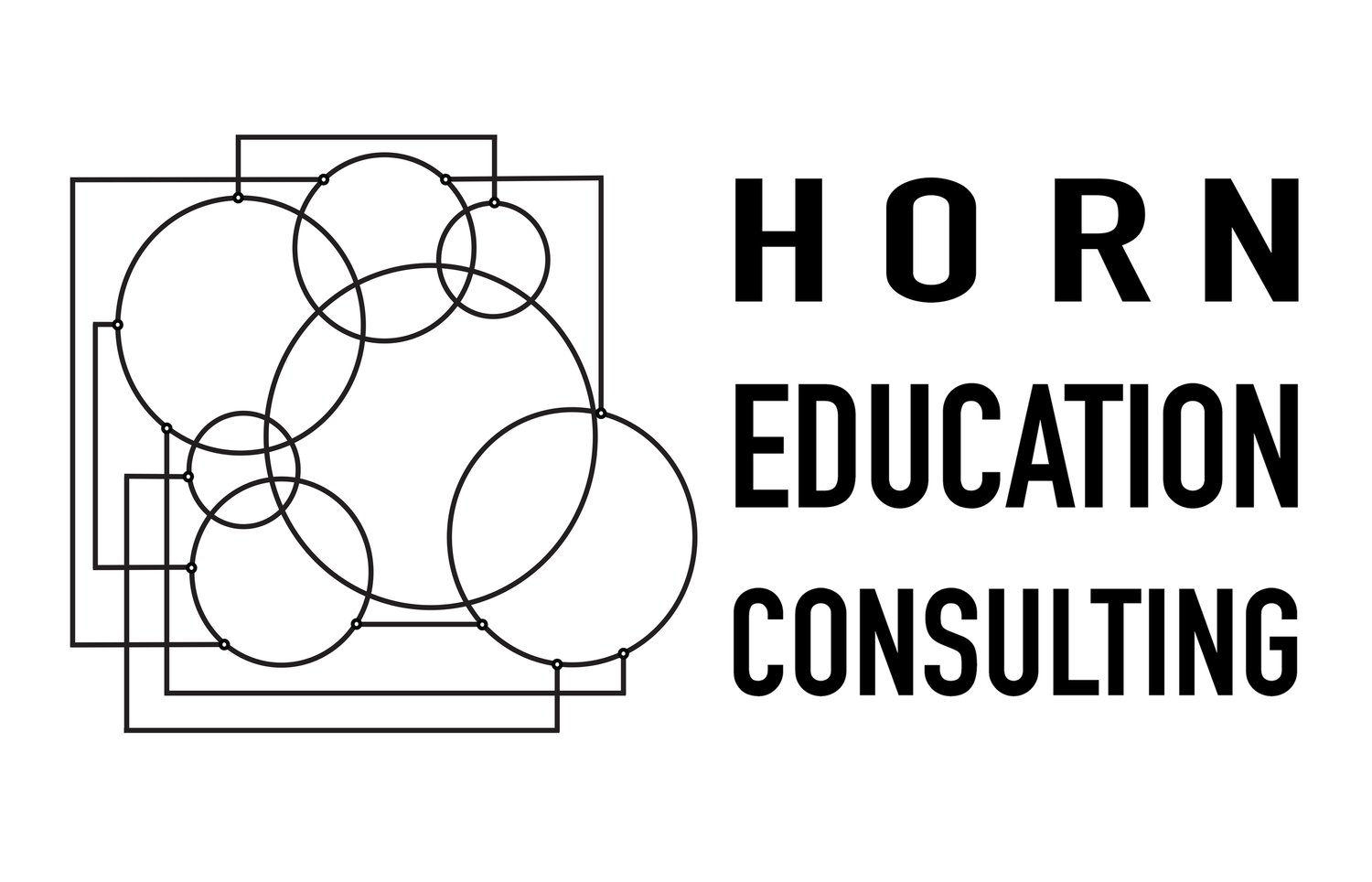US + THEM with Jonathan Haidt
Social psychologist Jonathan Haidt is the Thomas Cooley Professor of Ethical Leadership at New York University’s Stern School of Business. Haidt’s research examines the intuitive foundations of morality, and how morality varies across cultures—including the cultures of progressives, conservatives, and libertarians. His goal is to help people understand each other, live and work near each other, and even learn from each other despite their moral differences. In our conversation in early June 2020, we discuss some of the ideas that have earned him nearly 8 million TED Talk views and a spot in Prospect magazine's 2019 list of Top 50 Thinkers in the world, focusing on concepts from his two New York Times-bestselling books, The Righteous Mind and The Coddling of the American Mind (co-authored with Greg Lukianoff).
If you’d like to share with friends who are more inclined to YouTube than podcasts, here’s the full video companion:
Thanks as always to Shayfer James for music. In addition to standard intro (“Weight of the World”) and outro (“Villainous Thing”) instrumentals, Shayfer’s songs “Filthy Habit” and “Carnival in Harlem” appear in this episode.
Don’t miss an episode!
Take 30 seconds to let me know your name and email, and I’ll let you know whenever a new episode or bonus item is ready.
Can you spare a dime? If you’re interested in supporting this work, click the button below. Point of Learning has partnered with Patreon to keep support simple, with membership tiers beginning at just $3/month—about 10 cents per day.
Jonathan Haidt resources
Click text links for websites with a lode of materials related to each of Jonathan Haidt’s books The Happiness Hypothesis, The Righteous Mind, and The Coddling of the American Mind (co-authored by Greg Lukianoff).
For the trailer as well as the video companion for this episode, I used a graph about teen depression that was featured in a nature.com News & Views Forum piece (2/10/20) by Jonathan Haidt and Nick Allen on the effects of digital technology on mental health. If you’d like to study that more closely and in context, here’s the link to the page with downloadable PDF.
Jonathan Haidt is a favorite of the TED stage, having given four talks to date: “The Moral Roots of Liberals and Conservatives,” “Religion, Evolution, and the Ecstasy of Self-Transcendence,” “How Common Threats Can Make Common (Political) Ground,” and “Can a Divided America Heal?”
In today’s show, we discuss the relationship between unstructured free play for kids and the development of skills essential for democracy, like deciding what to do and working out disagreements without a referee. The Coddling of the American Mind makes a strong argument against over-structuring kids’ free time. To learn more about countering the culture of overprotection, check out letgrow.org.
Haidt has co-founded a variety of organizations to help people understand each other, live and work near each other, and learn from each other: Heterodox Academy, Open Mind Platform, and Ethical Systems.
For fans of social psychology, cultural psychology, moral psychology, evolutionary psychology, positive psychology, ethics, morality, and politics, Jonathan Haidt has published over 100 academic articles. (Also includes links to Haidt’s articles for popular periodicals like The Atlantic, The Guardian, The New York Times, and The Washington Post.)
In his essay On Liberty, philosopher John Stuart Mill (1806-1873) argues for viewpoint diversity and free speech in ways that feel quite relevant today. Professor Haidt teamed up with co-editor Richard Reeves and artist David Cicirelli to create a condensed, illustrated version of one section of Mill’s essay that is available for free download. Appropriate for juniors and seniors in high school on up to you and me.


